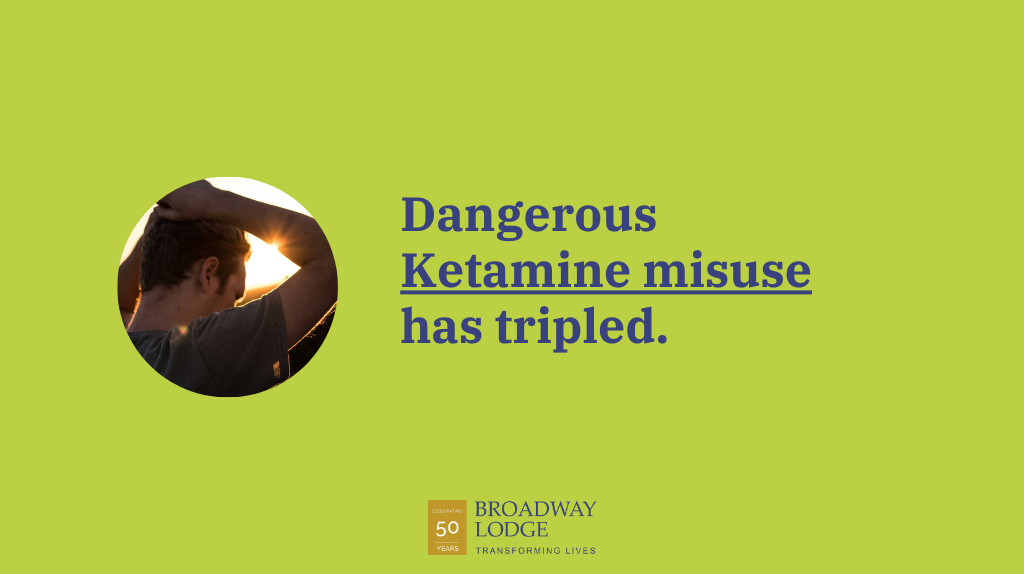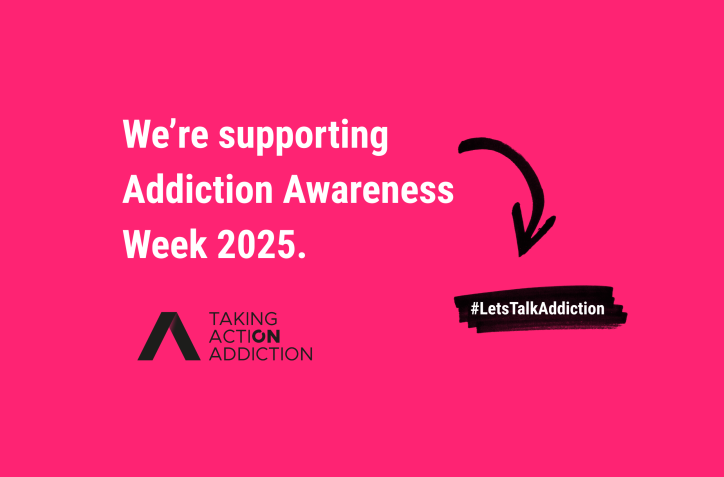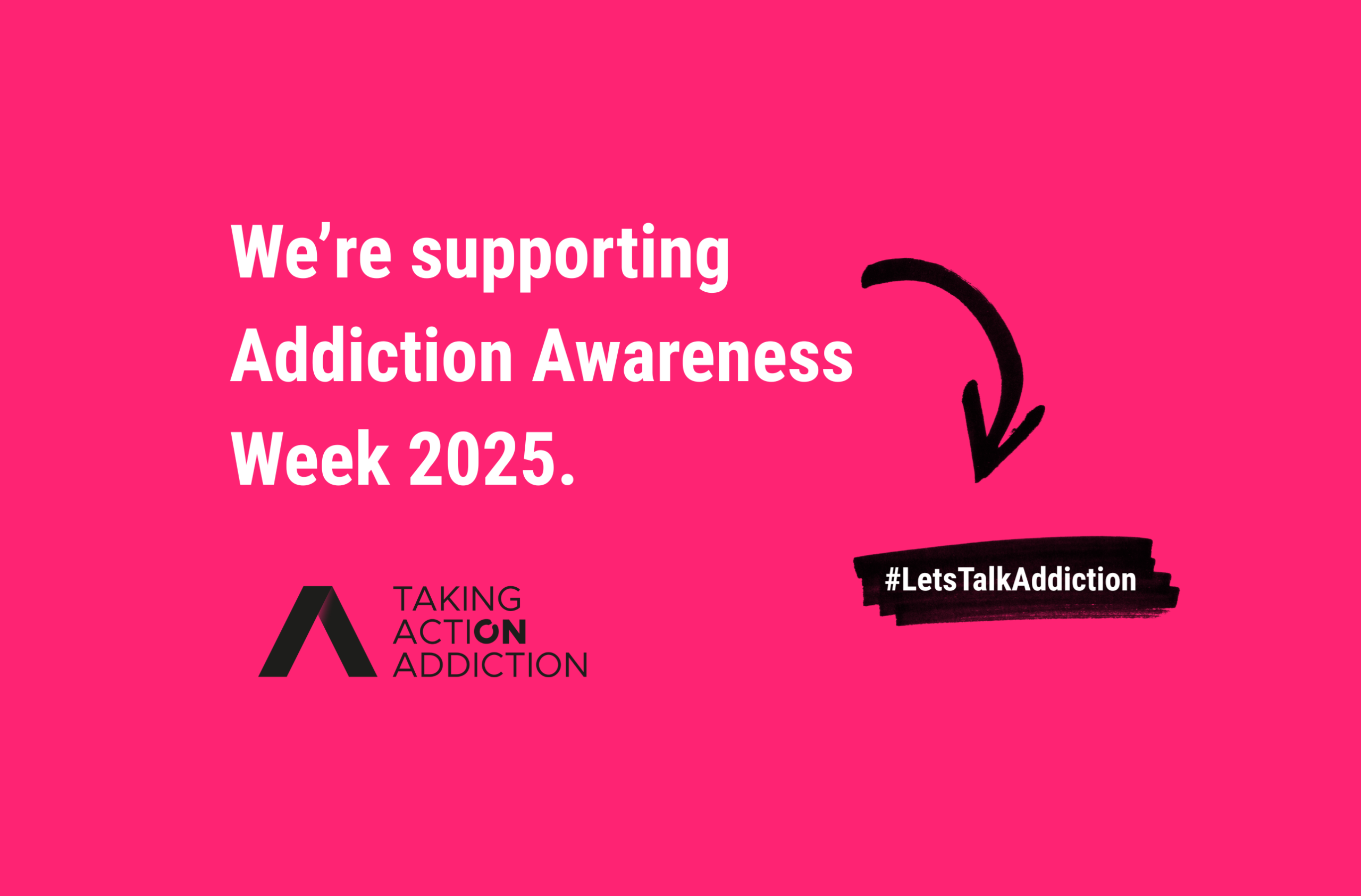The rise in ketamine misuse poses serious physical and mental health risks, particularly among the youth.
Long-term misuse can lead to bladder damage, cognitive impairment, psychological dependence, and mental health issues.
In recent years, ketamine has gained popularity beyond its initial medical applications. Originally used as a surgical anaesthetic for humans and animals, it has become more commonly known for its misuse as a recreational drug. This blog aims to shed light on this concerning trend, exploring what ketamine is, why its misuse is rising, and the short-term and long-term dangers associated with it. We’ll also help you recognise signs of ketamine addiction in yourself or loved ones and discuss how misuse affects mental health.
Why has ketamine risen in popularity?
The most recent government figures estimate that Ketamine’s popularity has doubled since 2016 and has even tripled for those in the under-25 bracket. Ketamine’s rise in popularity can be attributed to several factors:
- Accessibility: Unlike some other controlled substances, ketamine is relatively easier to obtain and is often cheaper than other drugs.
- Perceived safety: Many users mistakenly believe that because it’s used in medical settings, ketamine is safe to use recreationally.
- Psychedelic effects: Ketamine induces dissociative states and hallucinations, making it desirable for those seeking an escape from reality.
What is Ketamine?
Ketamine, chemically known as ketamine hydrochloride, is a potent anaesthetic and pain reliever. In medical settings, it is primarily used for:
- Anaesthesia during surgeries.
- Pain management for severe injuries.
- Treatment of depression in controlled, clinical environments.
However, when misused, ketamine acts as a powerful dissociative drug, altering perceptions of sight and sound and producing feelings of detachment from the environment and self.
The dangers of Ketamine misuse
Short-term effects
Ketamine misuse can lead to a range of immediate, potentially harmful effects:
- Hallucinations and delusions
- Nausea and vomiting
- Increased heart rate and blood pressure
- Impaired motor function and coordination
- Memory loss
Long-term effects
Chronic misuse of ketamine can have severe, lasting consequences:
- Bladder damage (Ketamine Bladder Syndrome) leading to frequent and painful urination.
- Cognitive impairment affecting memory and learning abilities.
- Psychological dependence making it hard to function without the drug.
- Mental health issues such as depression and anxiety.
Recognising the signs of Ketamine addiction
It’s essential to identify signs of ketamine addiction early. Keep an eye out for:
- Behavioural changes like increased secrecy and isolation.
- Physical symptoms such as frequent nosebleeds (if snorted) or bladder issues.
- Psychological signs including mood swings, paranoia, and depression.
- Neglecting responsibilities at work, school, or home.
- Increased tolerance needing more of the drug to achieve the same effects.
Ketamine and mental health
Misusing ketamine can have a profound impact on mental health:
- Neurochemical imbalance: Long-term use can disrupt the balance of neurotransmitters in the brain, leading to mood disorders.
- Worsening of pre-existing conditions: Those with underlying mental health issues may find their symptoms exacerbated by ketamine misuse.
- Risk of psychosis: High doses can lead to episodes of severe paranoia and hallucinations, resembling schizophrenia.
The rise in ketamine misuse is a troubling trend particularly with younger people, with serious implications for both physical and mental health. The BBC recently reported how this low-cost drug can often come at the cost of young lives. We have certainly experienced an increase in the number of people we have treated for ketamine addiction in the last year. Not only are we seeing more young people suffering with ketamine addiction, they are also living with the severe and painful symptoms of Ketamine Bladder Syndrome. It’s important to understand the risks and dangers associated with ketamine use and to seek help in stopping use of ketamine early in order to prevent further damage.
If you or someone you know is suffering with ketamine addiction, please do get in touch with us to find out how our multidisciplinary team can help and how to access treatment at Broadway Lodge. You can call us on 01934 815515 (9am – 5pm Monday to Friday), email hello@broadwaylodge.org.uk or send us a message and we’ll get back to you as soon as we can.
For more information on substance abuse and mental health resources, please visit our dedicated Ketamine addiction page.











